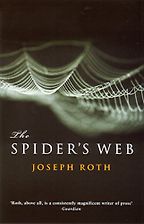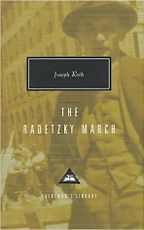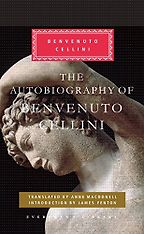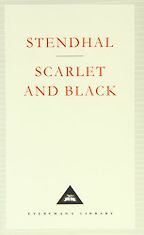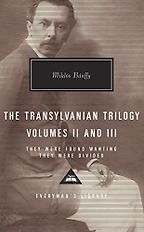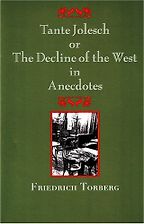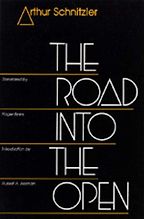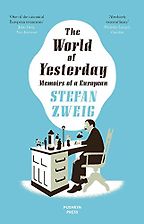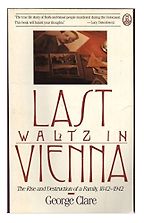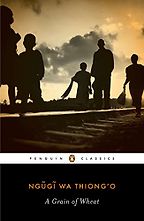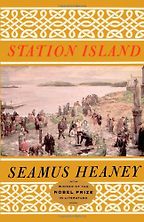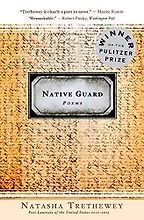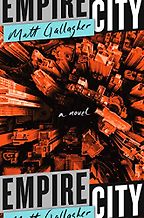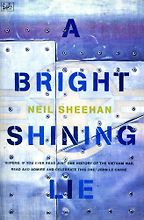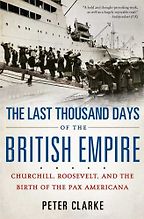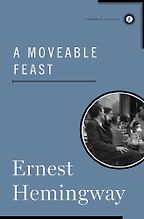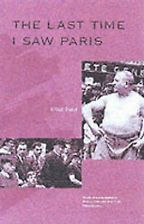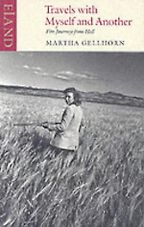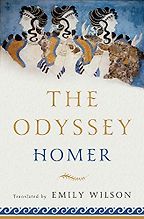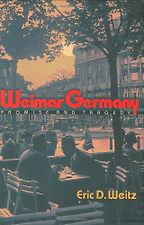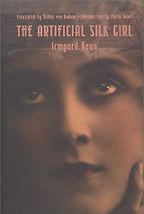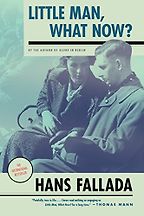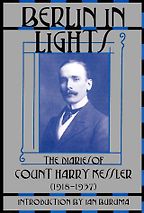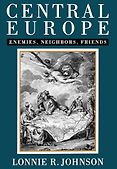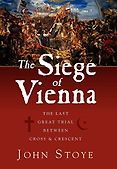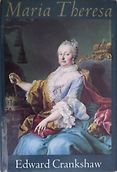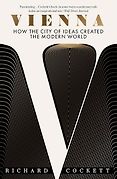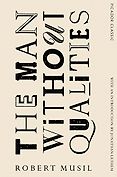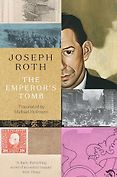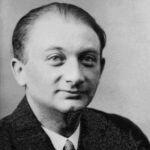
Books by Joseph Roth
Joseph Roth (1894-1939) was an Austro-Hungarian novelist whose books have been recommended many times on Five Books, his Radetzky March in particular hailed as one of the classics of European literature. The first English language biography of Joseph Roth, Endless Flight by Keiron Pim, was published in October 2022 to critical acclaim.
“The title is an act of homage. That’s where all the Habsburgs are laid to rest—in a Capuchin church in Vienna. Poor old Joseph Roth remained loyal to the Habsburg idea to the end, just like his characters, the Trottas in the books, and he died in exile in Paris. He’s a very good writer. Lots of his work has been translated, so you don’t need to choose a particular book. I just think people should read Joseph Roth if they want to understand that side of Austria’s cultural history.” Read more...
Nicholas Parsons, Historian
“The Spider’s Web was Roth’s first novel. Far more people know his nostalgic work, The Radetzky March, about the late Habsburg Empire. But I think this earlier novel, which was first serialised in a newspaper at the very beginning of the 1920s, is extremely insightful, even prophetic in a way.” Read more...
The best books on The Weimar Republic
Robert Gerwarth, Historian
“It’s an extraordinary account of a world collapsing. It conveys the lost world of Mitteleuropa and the collapsing Austro-Hungarian Empire. And he does it brilliantly. The Trotta family are quite mediocre, only relatively interesting minor officials—and in the case of the son, a very minor soldier—that is, intrinsically not particularly exciting characters, who nevertheless convey a very interesting world. It’s an extraordinarily powerful book. Roth is a very interesting writer, a brilliant writer, who lived a very tragic life.” Read more...
Five of the Best European Classics
David Campbell, Publisher
Interviews where books by Joseph Roth were recommended
Five of the Best European Classics, recommended by David Campbell
Europe may be made up of many cultures but its component parts share an artistic and literary sensibility, says Everyman’s Library publisher David Campbell. Here, he recommends five European classics that everyone should read at least once in their life, including “the greatest novel ever written” and some lesser-known masterpieces.
-

1
Tante Jolesch or the Decline of the West in Anecdotes
by Friedrich Torberg & Maria Poglitsch Bauer (translator) -

2
The Road into the Open
by Arthur Schnitzler & Roger Byers (translator) -

3
The Radetzky March
by Joseph Roth -

4
The World of Yesterday
by Stefan Zweig & Anthea Bell (translator) -

5
Last Waltz in Vienna
by George Clare
The best books on Jewish Vienna, recommended by Brigid Grauman
The best books on Jewish Vienna, recommended by Brigid Grauman
In the late 19th and early 20th century, Vienna had a vibrant intellectual and cultural life, embraced and at times led by key figures in its large Jewish community. All that would disappear with the rise of anti-Semitism and the Anschluss. Many Jews fled or committed suicide. Others were deported to concentration camps. After the war some went back, but Vienna would never be the same. Here Brigid Grauman, whose father’s family were assimilated Jews from Vienna, recommends books that evoke that poignant, tragic period that ended with World War II.
The best books on Veterans, recommended by Phil Klay
While many of us in the West commemorate the contribution of war veterans and the soldiers who lost their lives on our behalf, there’s also a tendency to see war as something distant and unconnected with our daily lives. Here Phil Klay, veteran of the US Marine Corps and award-winning novelist, recommends books that help bridge that gap—and capture the complicated relationship between soldiers and the societies on whose behalf they fight.
The best books on The Death of Empires, recommended by James Meek
All empires are obsessed with the prospect of their own decline, says British journalist and novelist James Meek. He recommends books on the death of empires, from Austria-Hungary to Kublai Khan.
The best books on Love, War, and Longing, recommended by Janine di Giovanni
War reporter tells us that her life is permeated with sense of loss and longing. She quotes her heroine Martha Gellhorn: “I have a sudden notion of why history is such a mess. Human beings do not live long enough”
The best books on The Weimar Republic, recommended by Robert Gerwarth
The Weimar Republic was not doomed to fail, says the historian Robert Gerwarth; it was, in many ways, popularly rooted and successful, and its artistic achievements remain influential to this day. Here he selects five books that illustrate the rich cultural life of the Weimar Republic, its pioneering modernism and the febrile political atmosphere that gripped it in the wake of the Great Depression.
-

1
Central Europe: Enemies, Neighbors, Friends
by Lonnie Johnson -

2
The Siege of Vienna: The Last Great Trial Between Cross & Crescent
by John Stoye -

3
Maria Theresa
by Edward Crankshaw -

4
Vienna: How the City of Ideas Created the Modern World
by Richard Cockett -

5
The Man Without Qualities
by Robert Musil -

6
The Capuchin Crypt (aka The Emperor's Tomb)
by Joseph Roth
The best books on Austria, recommended by Nicholas Parsons
The best books on Austria, recommended by Nicholas Parsons
Today, the Republic of Austria is a small country in Central Europe, but for centuries, it was the fulcrum of events going on in Europe, as the Habsburgs led the Holy Roman Empire—and later the multi-ethnic Austro-Hungarian Empire—until it all fell apart after World War I. Nicholas Parsons, author of the excellent The Shortest History of Austria, introduces us to books and novels that bring to life the history of a political, intellectual, and cultural powerhouse.

